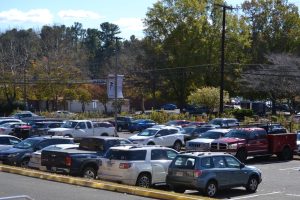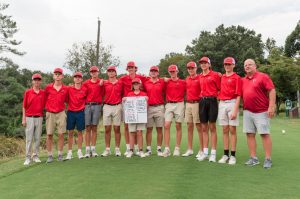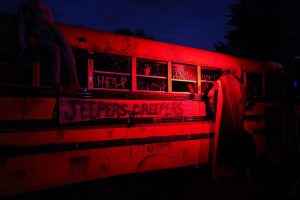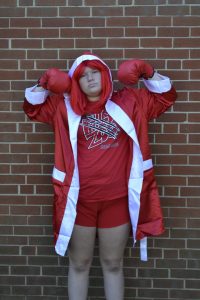Batson witnesses history
September 19, 2013
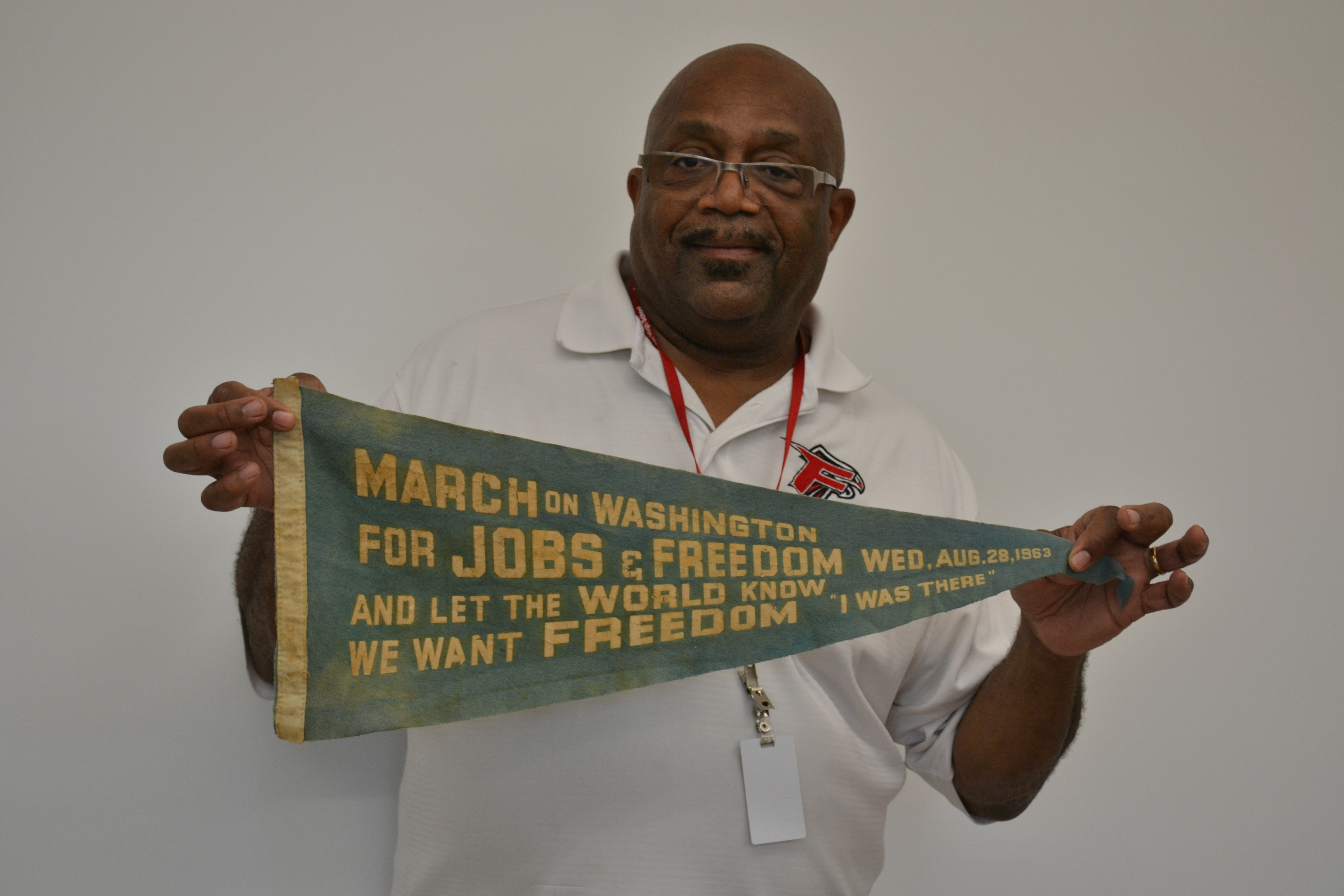 Science teacher Alonso Batson had a front-row seat at the historic March on Washington for Jobs and Freedom 50 years ago. As the 13-year-old youth president of the local and state chapter of the NAACP in Tulsa, Oklahoma, Batson organized youth participation in the march.
Science teacher Alonso Batson had a front-row seat at the historic March on Washington for Jobs and Freedom 50 years ago. As the 13-year-old youth president of the local and state chapter of the NAACP in Tulsa, Oklahoma, Batson organized youth participation in the march.
“In Tulsa, we had separate but ‘equal’ – but it was never equal,” Batson said. “We had filthy bathrooms and fountains, and only had used books in school. It made us strive harder to do more.”
Batson’s primary responsibility was to raise money to pay for the buses from Tulsa to D.C. Local Jewish merchants sponsored three buses for the young people. In addition, each participant was given $50 of spending money. Batson described the scene when they arrived in D.C. as “breathtaking.”
“All we saw was people – it looked like one million people – of all races, sizes, colors, youths, and adults,” Batson said. “At that moment, America was one.”
Although Batson was present when Martin Luther King, Jr., delivered his famous “I Have a Dream” speech, there were so many distractions that the impact of the speech didn’t sink in until later when he could consider the words. However, he was deeply moved by the singing of gospel singer Mahalia Jackson. Batson returned to Tulsa as an activist.
“The adults got some backbone from the youth movement,” Batson said. “We began sitting in at restaurants and amusements parks. The NAACP taught peaceful resistance. A group of us attended an all-white Baptist church, and I was pulled out of it when they called the police.”
Batson has attended every five year reunion of the historic march, but he did not attend the 50th anniversary because he felt his job teaching young people was even more important. He believes much progress has been made since the first march, but that the community still has a long way to go to achieve equality. Specifically, Batson cited unemployment in the black community, a vastly disproportionate percentage of black men in prison, and underrepresentation of blacks on college campuses as evidence of on-going racism.
“We can change this by reestablishing principles and values in the black community,” Batson said. “We have to do that ourselves. America is like a woven fabric of many colors that need to blend as one.”

